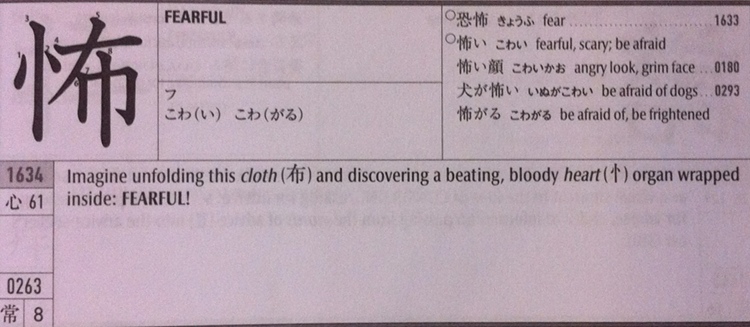How are your studies going? What's your biggest hurdle/challenge right now?
I'm also going through Tobira at the moment. I finished Chapter 2 last week. At the moment I'm doing 2 grammar point and 10 new vocabulary cards from the book a day in Anki. I read the passages when I have the time (which is mostly during the weekend).
I agree with you that it's a great textbook so far. The articles are a lot more interesting than what's in Genki. I feel like I'm learning something other on top of learning Japanese when I read them, which makes them much more interesting than the relatively boring day-to-day situations that make up most of Genki. That day-to-day stuff is important to know of course, but it's not particularly interesting.
Apart from that, I'm at 834 Kanji in the Kodansha Kanji Learner's Course (and the associated 3.3k vocab) and I recently passed a total of 10,000 seen cards in Anki. So yeah it's going I guess. I'll have finished all my current decks by the end of November this year. After that I'll know 10k+ words and 2,300 Kanji so I'll scale back on using Anki and put more focus on reading. I can't wait to be honest. Motivation-wise I have no issue doing my reviews every day, but it's still a pain in the ass haha.
I also joined that club I mentioned a month ago and went to two of their meetings. It's actually pretty huge, 100+ people each week and more than a third of that are actual Japanese people. Very few people from NZ were there either, most people I talked to that weren't Japanese were from other Asian countries like China, Singapore, and Korea.
The first meeting I got some good (albeit simplistic) practice talking to a guy from Fukuoka for about an hour - half in English half in Japanese, with a little bit of French here and there since he was studying that as a minor. The second meeting wasn't as good - I got there late and then only managed to talk to this girl from Tokyo for a bit. We were in a group with some other guys who didn't speak Japanese and kept on interrupting to ask and explain what we were saying, which really threw me off.
After that there was a quiz night but I got unlucky and put in a team with only 1 Japanese guy out of 8 team members. Not much room for practice. The Japanese questions in the quiz were also stupid hard since they assumed the teams had Japanese people to answer them. For example, "write the name of all the members from this Japanese band in Kanji", "spell lemon in Kanji" (which our Japanese team member couldn't actually do haha, but thankfully we had a Chinese guy who could), "what do these Kansai-ben sentences mean", etc.
Still good practice though, I just need to keep on going and trying to talk to different people until I find a conversation partner that clicks with me.
I also found out that the university next door to mine has another pretty big Japanese club, but the meetings are at an inconvenient time for me. I might still try to go there but I'm not sure yet. I really need more practice speaking the language. I guess my biggest issue right now is conjugating verbs as I talk (it's easy when you're writing and have all the time in the word to figure out what you're doing - when you're speaking, not so much) and arranging sentences logically by properly using the grammar points I know. That'll all come with practice though.
On top of that I'm still doing a weekly 2-3 hour French-Japanese language exchange with another gaffer, which has always been very helpful.


